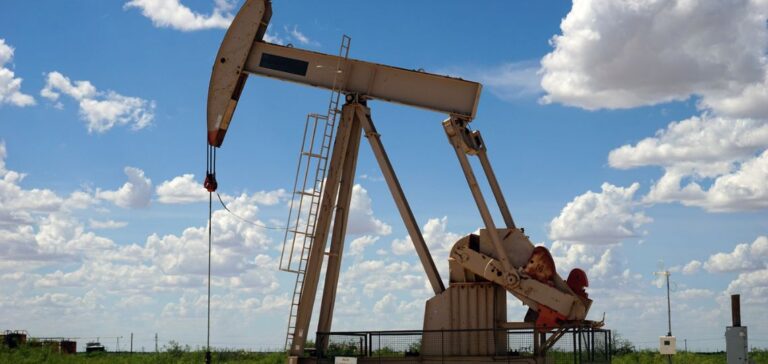Mexico’s energy sector faces major challenges in the run-up to the presidential elections. These challenges include declining oil and gas production , the need to increase exploration activities, heavy dependence on fuel imports, constrained electricity supply and public pressure for a transition to renewable energies. According to a Wood Mackenzie report, domestic demand continues to grow throughout the decade, accentuating these issues. Adrian Lara, Senior Latin America Analyst for Wood Mackenzie, points out, “Mexico’s energy sector faces major challenges related to demand growth in all sub-segments, including upstream.” Regardless of the outcome of the presidential elections, the new government will have to reassess not only the role but also the conditions for increasing private investment in the energy sector.
Limits of the current strategy
Over the past five years, the Mexican government has strengthened the role of Pemex, the state-owned hydrocarbon producer, in the energy sector. However, according to Lara, there is a limit to what Pemex can achieve in terms of risk-taking and financing the investments needed to develop the industry’s infrastructure. Wood Mackenzie’s report indicates that Mexico’s demand for oil and gas is expected to grow by 2% over the current decade, while hydrocarbon production will continue to decline, making it difficult to meet domestic refining needs and natural gas demands for the power and industrial sectors. In this context, Mexico will not be able to reduce its gas imports. Although non-Pemex production through Production Sharing Contracts (PSCs) is increasing at the end of the current decade, this will not be enough to offset the downward trend. “Mexico’s energy security requires the availability of affordable energy sources,” adds Lara. “Integration with the U.S. energy market provides gas at competitive prices, but a new government should evaluate policies favoring the development of untapped gas reserves.”
Prospective resources and exploration
According to Wood Mackenzie, around 60% of Mexico’s prospective resources remain unallocated. The country’s total prospective resources are estimated at nearly 113 billion barrels of oil equivalent (boe), of which 67.6 billion boe correspond to 528 unallocated zones located in several onshore and offshore basins. Of the volumes discovered through exploration since 2020, only 36% on average have been commercially viable. At present, only Pemex and three other operators have committed budgets for future exploration activities. Lara notes: “Hydrocarbon exploration since the sector was opened up to private operators has had limited success. Most of the major international companies that have secured blocks have not been commercially successful, and with uncertainty surrounding the resumption of auctions, these companies may leave the country or seek exploration opportunities elsewhere.”
Transition to renewable energies
In addition to the challenges posed by hydrocarbons, Mexico is lagging behind in its energy transition to renewable energies. The country has not yet formulated a timetable for achieving its goal of net zero emissions. At the Paris climate conference in 2015, Mexico pledged to reduce its emissions by 35% by 2030, but this target seems out of reach. For an economy the size of Mexico, achieving a 35% reduction in greenhouse gas emissions requires significant financial support from government and the private sector to develop renewable supply, infrastructure and increased energy efficiency. Lara concludes: “It is crucial for Mexico to formulate a clear energy policy that is attractive to investors in order to meet current and future challenges.”






















